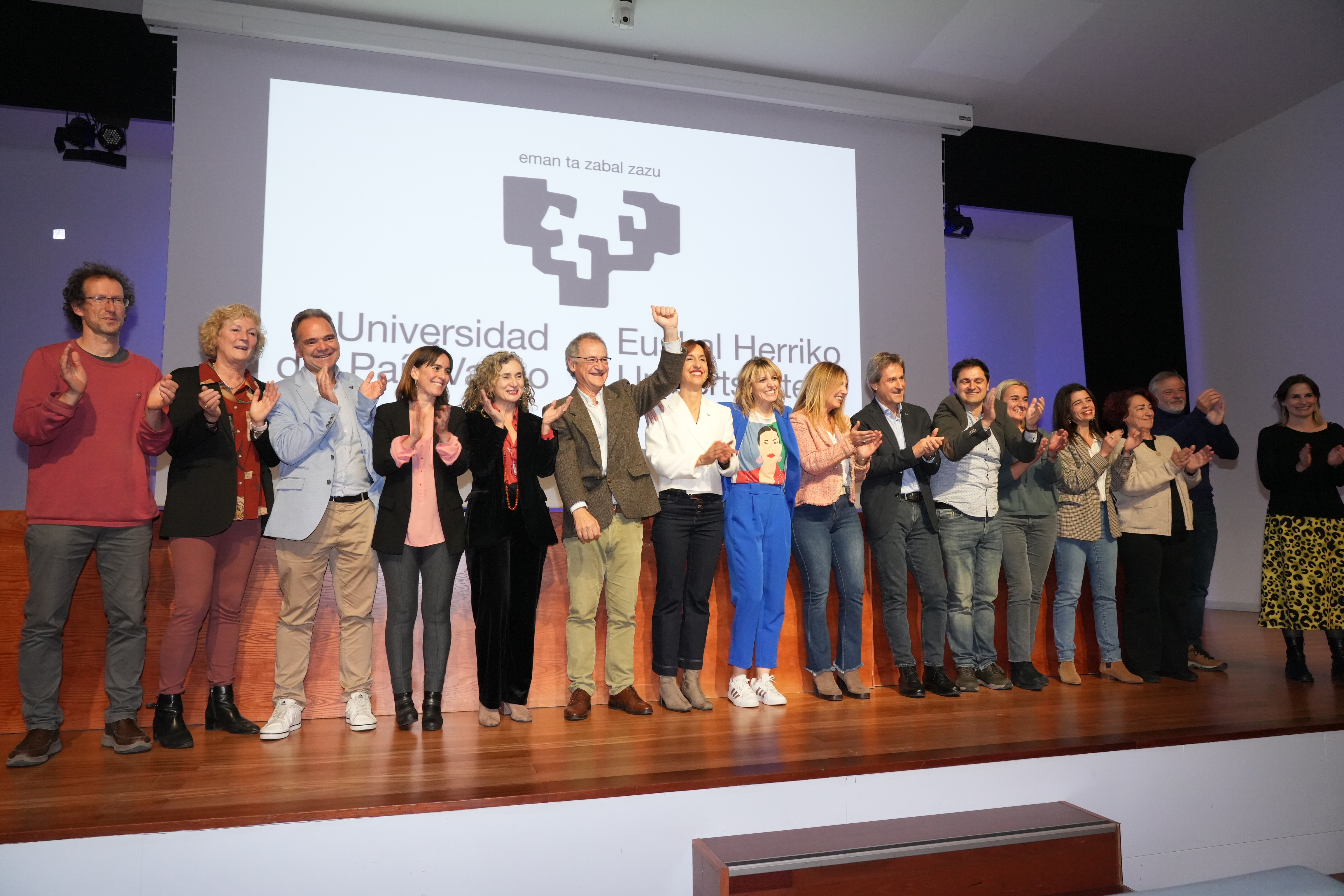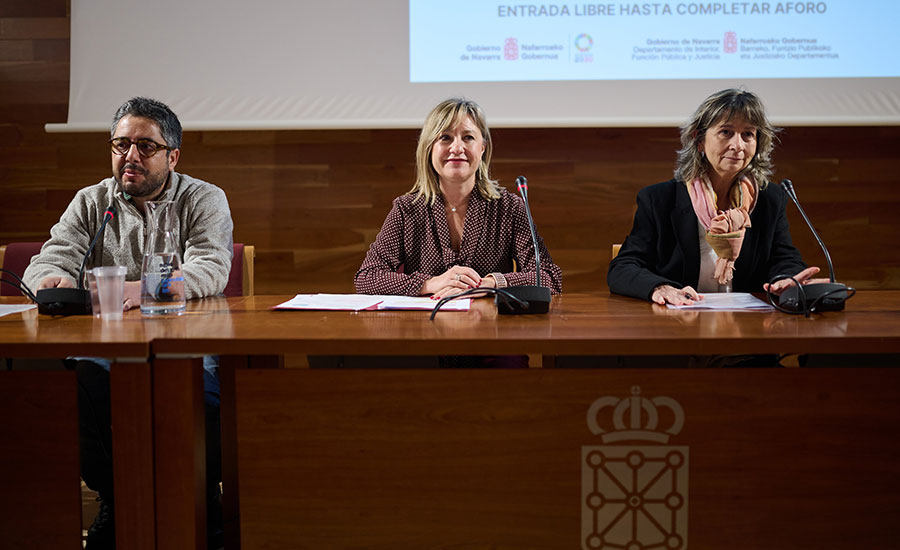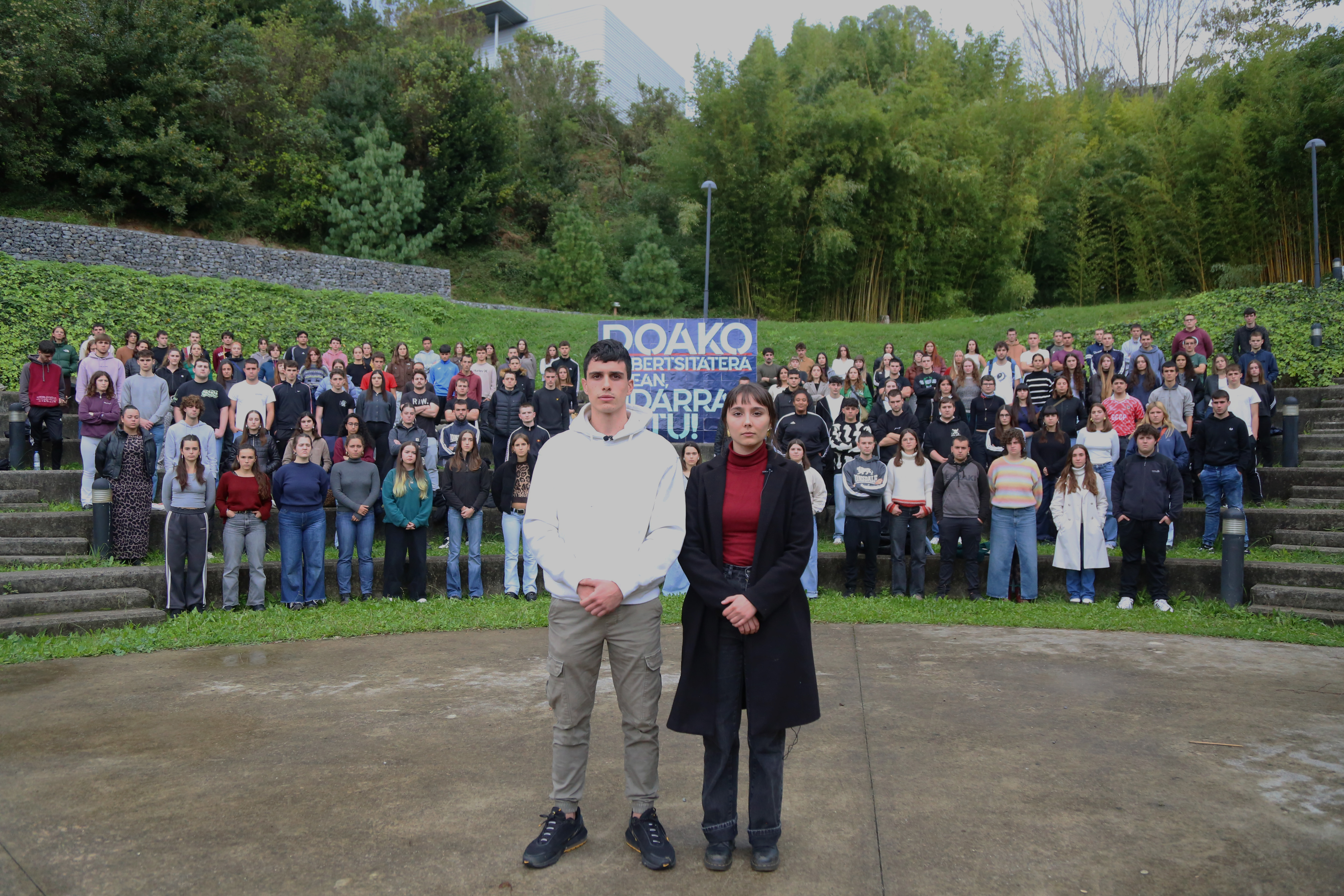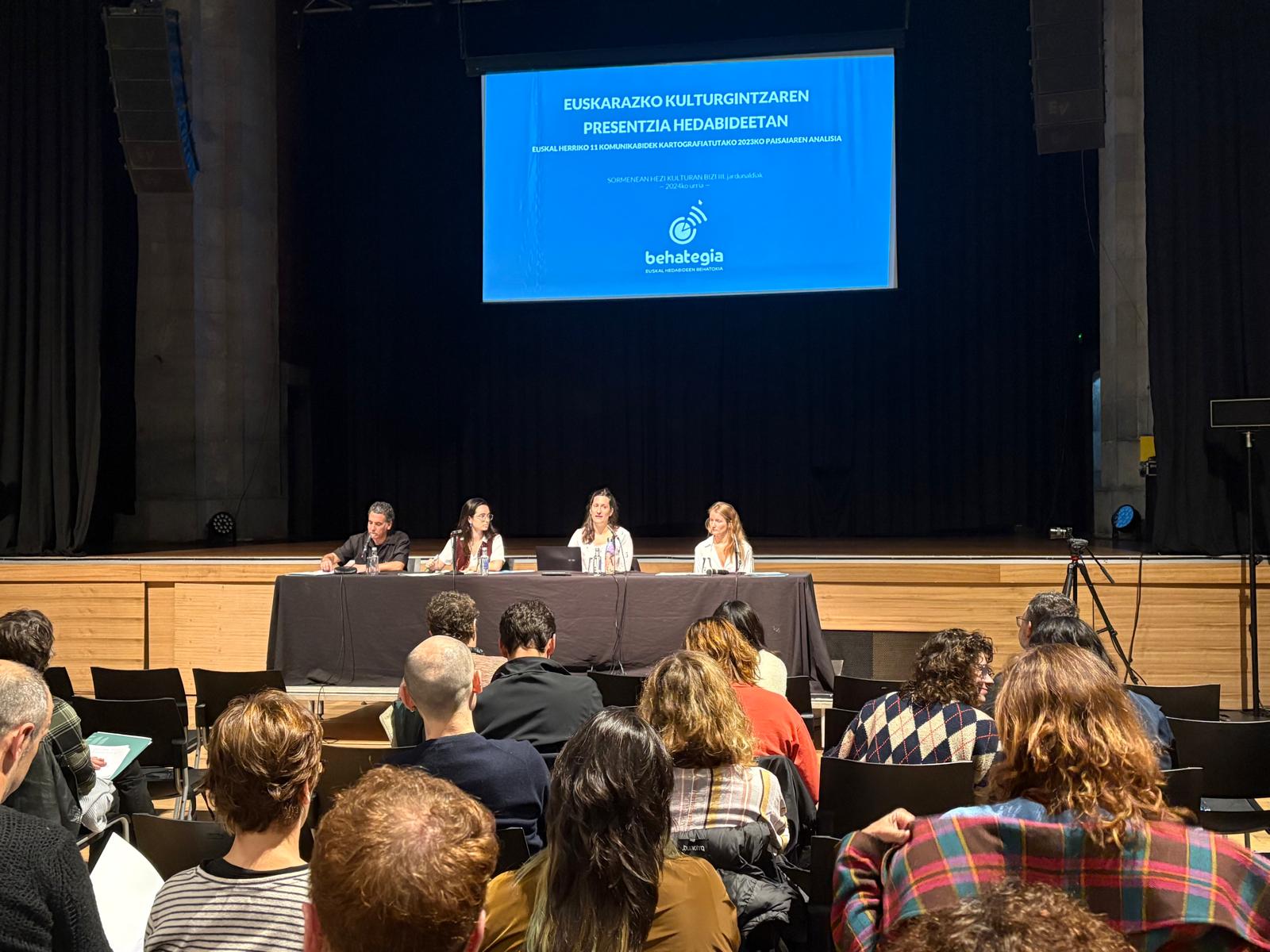Most senior positions in Hego Euskal Herria study in private universities
- The relationship between the elites and the universities has been analyzed by professors doctors and professors of the UPV/EHU, in collaboration with the elite of Hego Euskal Herria. Analysis of power in the book. The following conclusion can be drawn from this study: “The elite of Hego Euskal Herria uses private university to reproduce its power.” For example, 52% of Navarros parliamentarians studied at the Private University of Navarra of Opus Dei and 54% of government officials did so.

Jon Díaz, professor at the UPV/EHU, has been in charge of conducting the study on the relationship between the elites and the universities of Hego Euskal Herria, jointly edited by the foundations Ipar Hegoa and Manu Robles-Arangiz. The elites of Hego Euskal Herria have based themselves on the document "Elitist Britain 2019", published by ETB. Power analysis book available to download on the network.
The conclusion is that most command and high office positions have been studied in private universities. Diaz has shown concern, according to El Salto: “You’re scared when you study the relationships between senior public and private sector officials.”
The research team has underlined that elites work in high-level jobs. They have clearly explained the power relationship: “The elite of Hego Euskal Herria uses private university to reproduce its power.” In addition, they have confirmed that the trend in the last eight years is “very worrying”: the UPV/EHU has lost 7% of its students in favor of private universities in the Basque Country. The head of the UPV/EHU, Eva Ferreiro, has expressed concern about the construction in Vitoria-Gasteiz of the private university Euneiz, which is not the only one concerned with private universities. Many agents, moreover, have qualified this university as an elitist and have called for the project to be stopped.
Where have senior officials learned?
The results have not brought anything new out of the party, but they have been ratified in what was expected of the elections. For example, 99% of the top positions in the plastic arts sector have studied at the UPV/EHU, as private universities do not work in this field. In the group of sectors, it is noteworthy that at the University of Deusto 12% of the students from Hego Euskal Herria study and, on the contrary, 29% of the elite. On the other hand, the Public University of Navarra studies 11% of students, while elite students only represent 4%.
As for the Private University of Navarra of Opus Dei, 52% of the Navarros parliamentarians studied it there, and 54% of the government’s leaders. According to El Salto, Díaz has warned that senior health officials have not studied Medicine, but Law and Economics, most of them in private centers.
Lack of transparency
The book has been prepared by professors doctors and professors of the UPV/EHU, among others. In total, 5,500 records have been gathered distributed in ten areas: politicians, senior officials, public institutions, cultural institutions, media and media, public companies, private companies, influential women, artists and the creative world, and sport. The academic trajectory of each person has been analyzed "exhaustively", although they have acknowledged that they have been "in difficulty". The work has been completed through the Transparency Portal and therefore has shortcomings, as many people have not been able to obtain information due to lack of transparency.
The UPV/EHU Palestine was born with the aim of breaking with all Israeli companies and institutions that are carrying out and working with genocide in Palestine. Israel’s impunity comes from its political, military, economic, scientific and academic relations in Europe and the... [+]
At the beginning of the course, the elections should be the main event on the UPV/EHU information agenda. At the School of Social Sciences and Communication, we also have a double appointment, as the assembly of our center will also be elected in October. It opens up the... [+]




















